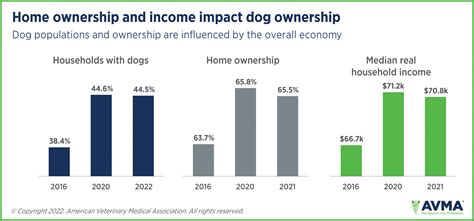With the increasing popularity of pet ownership, it’s no surprise that pet travel is also on the rise. In 2023, an estimated 63.4 million American households owned a pet, and this number is expected to grow to 70 million by 2025.

As more and more people take their pets on trips, it’s important to be aware of the potential health and wellness concerns that can arise.
Common Health Concerns for Traveling Pets
- Motion sickness: This is a common problem for pets who are not used to traveling. Symptoms can include vomiting, drooling, and lethargy.
- Stress: Travel can be stressful for pets, which can lead to a variety of health problems, such as diarrhea, vomiting, and respiratory problems.
- Accidents: Pets can be injured or killed in car accidents, so it’s important to make sure they are properly restrained while traveling.
- Exposure to diseases: Pets can be exposed to a variety of diseases when they travel, such as rabies, distemper, and parvovirus.
Tips for Keeping Your Pet Healthy and Safe When Traveling
- Choose a pet-friendly destination. Not all destinations are created equal when it comes to pet travel. Do some research before you go to make sure your destination is welcoming to pets.
- Make sure your pet is up-to-date on vaccinations. This will help to protect your pet from diseases that they may be exposed to while traveling.
- Bring a travel kit for your pet. This should include items such as food, water, bowls, a leash, a carrier, and any medications that your pet needs.
- Get your pet used to traveling before you go. Take your pet on short trips around town to help them get used to being in a car or other mode of transportation.
- Be prepared for unexpected events. If your pet gets sick or injured while traveling, be prepared to take them to a veterinarian.
The Benefits of Pet Travel
In addition to the potential health and wellness concerns, there are also a number of benefits to pet travel.
- Bonding: Traveling with your pet can be a great way to bond with them. It’s a chance for you to spend quality time together and share new experiences.
- Exercise: Traveling can provide your pet with much-needed exercise. This is especially important for pets who are not very active at home.
- Mental stimulation: Traveling can provide your pet with mental stimulation. It’s a chance for them to see new sights, sounds, and smells.
- Socialization: Traveling can help your pet to socialize with other animals and people. This is especially important for pets who are shy or anxious around strangers.
Conclusion
Pet travel can be a great way to bond with your pet and provide them with new experiences. However, it’s important to be aware of the potential health and wellness concerns that can arise. By following the tips in this article, you can help to keep your pet healthy and safe while traveling.
Additional Tips for Pet Travel
- Consider using a pet carrier or crate. This will help to keep your pet safe and secure while traveling.
- Make sure your pet is comfortable in the car. Provide them with a blanket or bed to lie on, and make sure the temperature is comfortable.
- Take breaks during long trips. This will give your pet a chance to stretch their legs and relieve themselves.
- Be patient with your pet. Traveling can be stressful for pets, so be patient with them and allow them to adjust at their own pace.





















